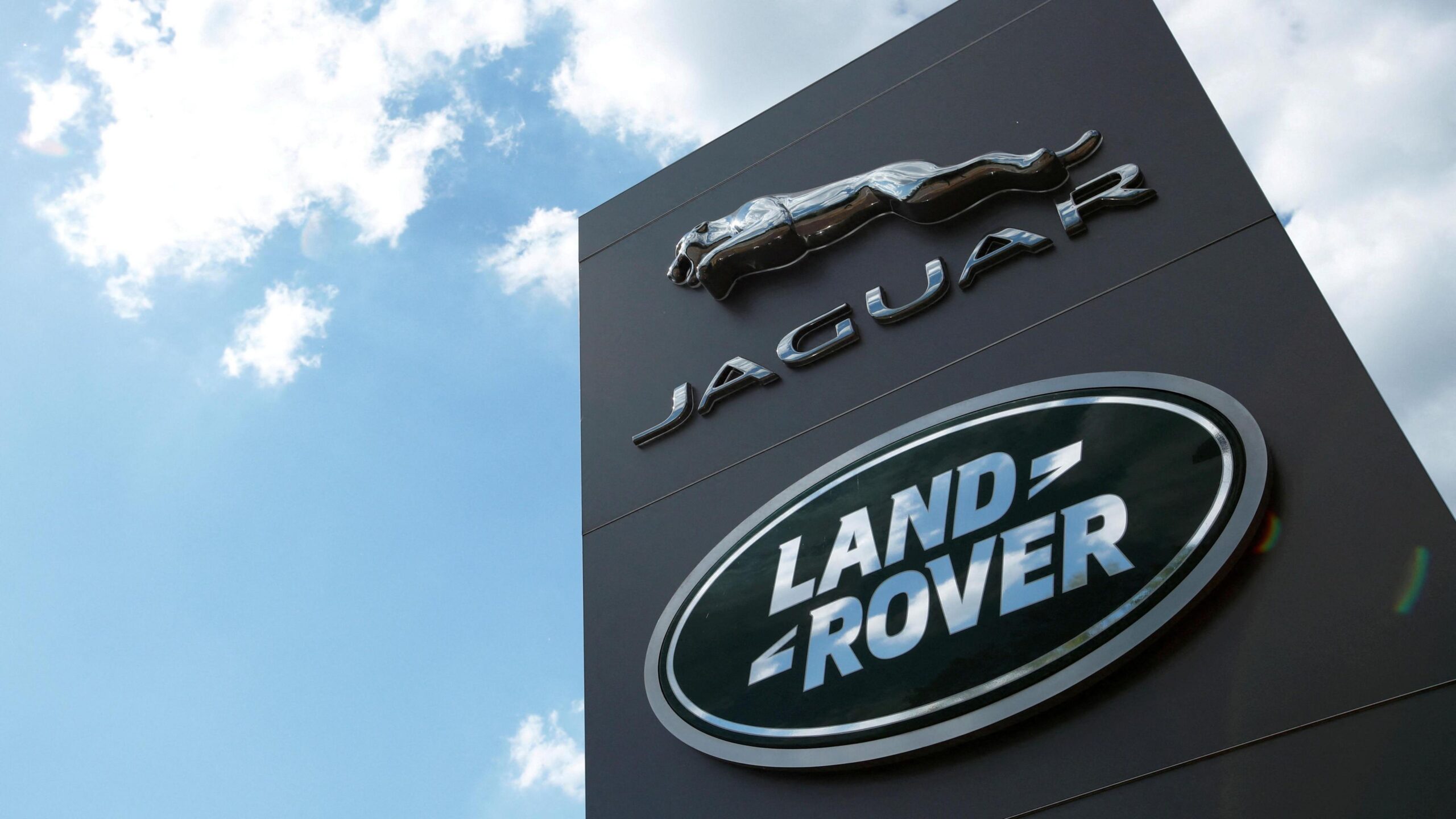British automotive giant Jaguar Land Rover (JLR) has announced a one-month pause on U.S. shipments in response to the sweeping 25% import tariffs imposed by President Donald Trump on all foreign-made vehicles. The move underscores the mounting disruption spreading across the global auto industry as trade tensions between the U.S. and its allies escalate.
In a statement to CNBC, a JLR spokesperson confirmed the pause would take place during April as the company reevaluates its trading relationships and adapts to the new economic landscape created by the tariffs. The company emphasized that the U.S. remains “an important market” for its luxury offerings, including the Range Rover and Jaguar sedans.
The tariffs, which took effect Thursday, are part of Trump’s broader protectionist trade agenda, which also includes duties on auto parts—set to be implemented no later than May 3. Automakers worldwide are already reeling from the policy, with several announcing price hikes, layoffs, and production delays in the face of higher costs and supply chain uncertainty.
Jaguar Land Rover is not alone in pausing U.S. operations. The automotive sector, known for its interconnected global supply chains, has been among the hardest hit. Vehicles often rely on parts sourced from multiple countries, meaning tariffs compound at every production stage, significantly increasing final costs for both manufacturers and consumers.
In London, U.K. Prime Minister Keir Starmer has called for a “cool and calm” response, indicating that Britain is still pursuing a potential bilateral trade deal with the U.S.. However, with not only cars but also steel, aluminum, and other exports facing tariffs, pressure is growing on the U.K. government to respond more assertively.
Alongside the 25% duty on cars, a 10% baseline import tariff introduced this week further complicates trade flows, particularly for industries relying on transatlantic cooperation.
JLR’s decision reflects a broader challenge: how to protect business in a world increasingly driven by economic nationalism. With uncertainty clouding U.S.-U.K. relations and the future of global automotive trade, all eyes now turn to how automakers—and governments—adapt to a rapidly changing global order.






